Storage Systems That Grow with Your Business
As businesses expand, their storage needs evolve, requiring flexible and scalable storage systems that can adapt to increasing inventory and changing workflows. Investing in storage solutions designed for growth can save time and money in the long run.
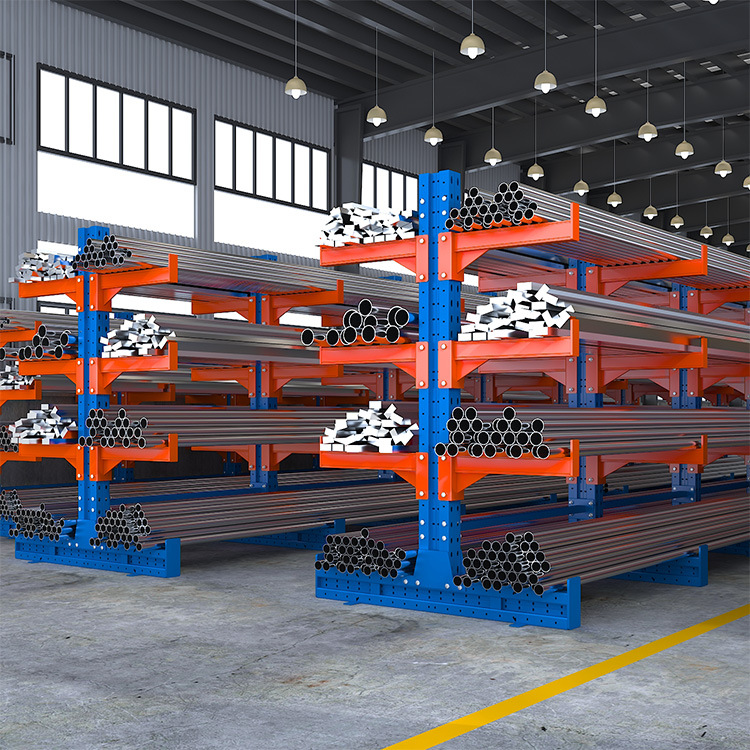
Modular storage systems are the cornerstone of scalable storage. These systems allow businesses to add or reconfigure shelves, racks, and compartments without dismantling the entire setup. This flexibility supports seasonal inventory changes, product line expansions, or new operational processes.
Adjustable shelving heights and interchangeable components enable customization tailored to different product sizes and weights. For growing businesses, this means the ability to optimize space as product dimensions and quantities shift over time.
Incorporating mobile shelving or rolling racks adds another layer of adaptability, allowing aisles to be reconfigured to maximize floor space during peak periods. This is especially beneficial in warehouses or retail stockrooms where space is at a premium.
Technology also plays a vital role. Storage systems integrated with warehouse management software (WMS) provide real-time inventory tracking, automated restocking alerts, and space utilization analytics. As the business grows, these tools help maintain efficiency and prevent costly overstocking or stockouts.
Choosing materials and designs that withstand wear and tear is crucial for scalability. Durable steel or reinforced plastics ensure storage systems remain reliable as load demands increase, minimizing maintenance and replacement costs.
Planning for future growth when selecting storage solutions not only supports operational efficiency but also ensures a seamless transition as business needs evolve. Flexible, scalable storage systems empower businesses to meet challenges proactively and maintain a competitive edge.
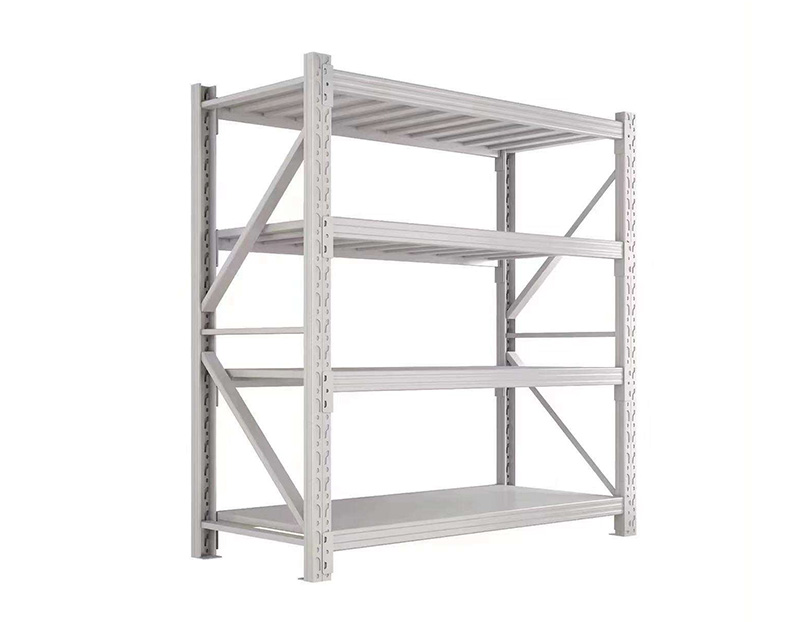 Smart Storage Equipment: Top B
Smart Storage Equipment: Top B
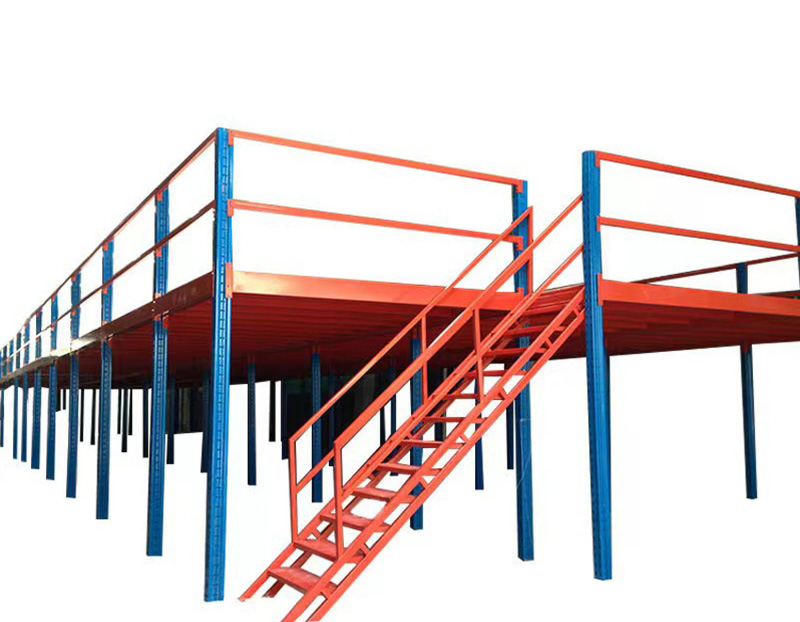 Storage Systems: Design Ideas
Storage Systems: Design Ideas
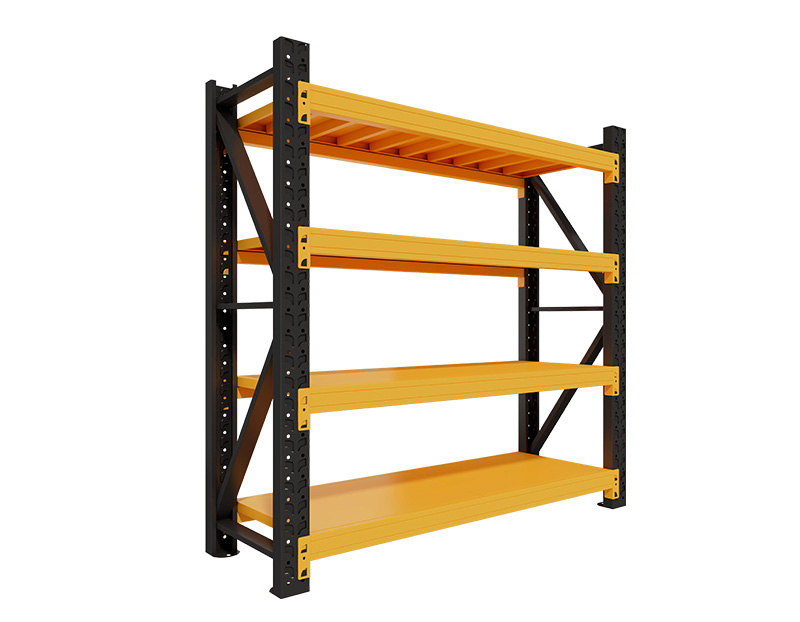 Storage Systems: Best Software
Storage Systems: Best Software
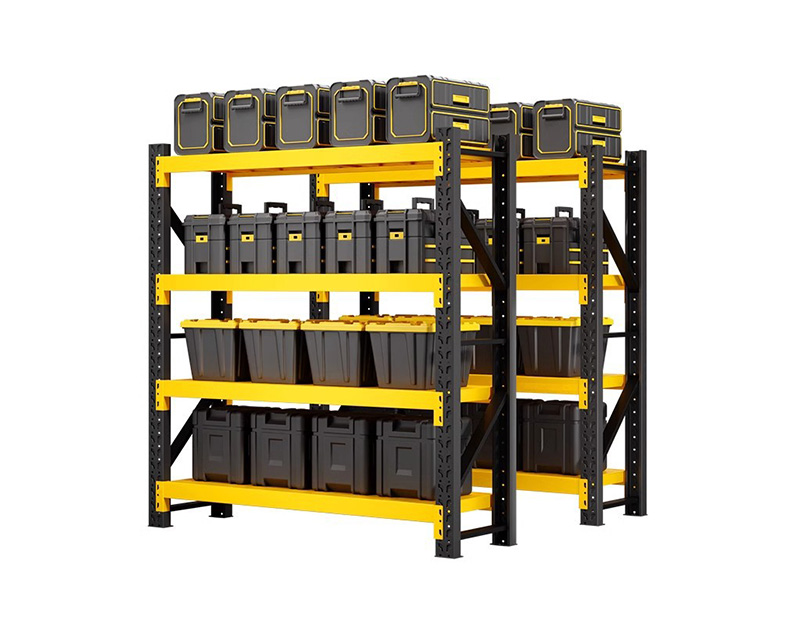 Storage Systems: Maximizing Sp
Storage Systems: Maximizing Sp
